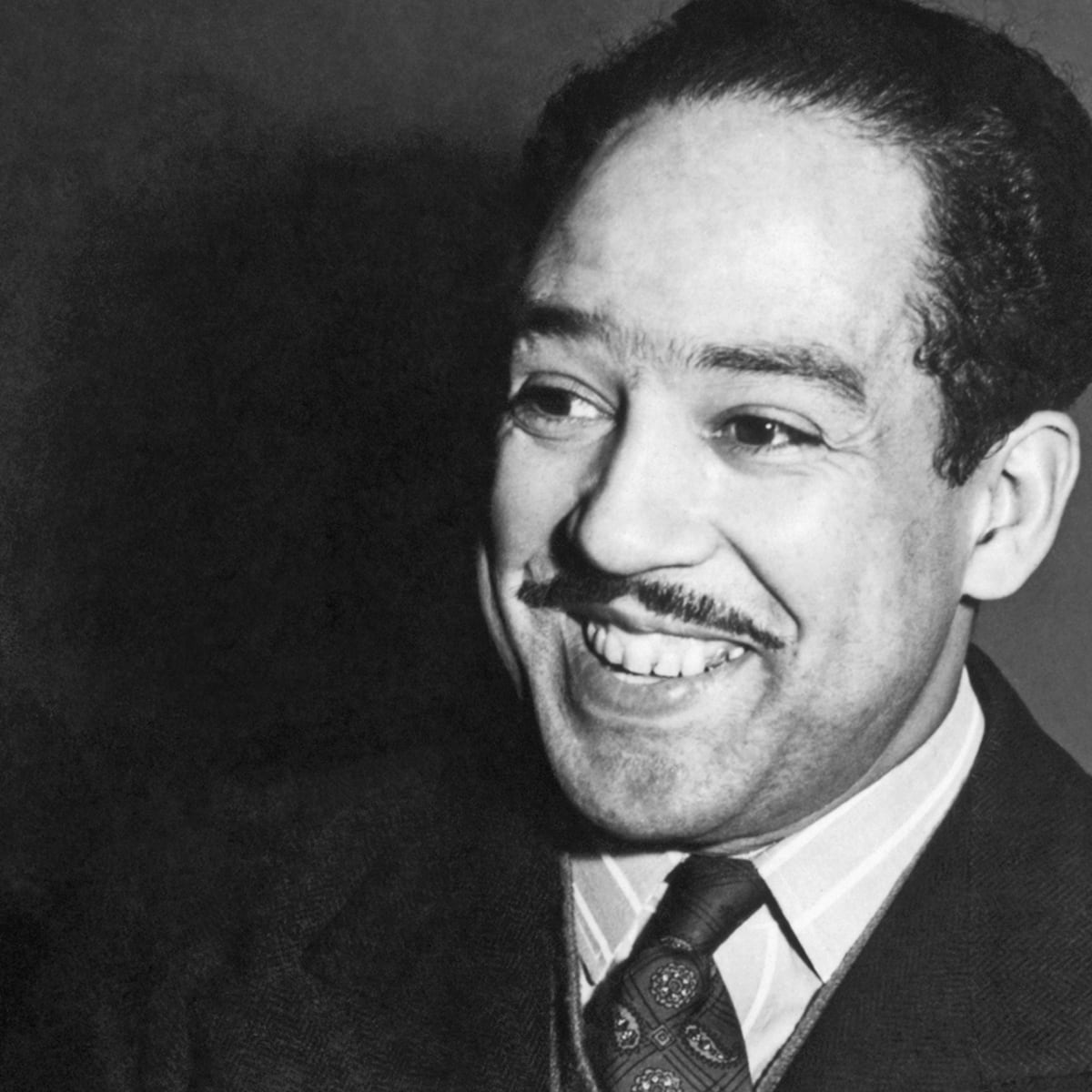There are words like Freedom
Sweet and wonderful to say.
On my heartstrings freedom sings
All day every day.
There are words like Liberty
That almost makes me cry,
If you had known what I know
You would know why.
Published:
1959
Length:
Shorty
Literary Movements:
Harlem Renaissance
Anthology Years:
2022
2023
Themes:
Agency
Politics
Racial Injustice
Literary Devices:
Anaphora
a figure of speech in which words repeat at the beginning of successive clauses, phrases, or sentences
Apostrophe
an exclamatory passage in a speech or poem addressed to a person (typically one who is dead or absent) or thing (typically one that is personified)
End Rhyme
when a poem has lines ending with words that sound the same
Internal Rhyme
A rhyme involving a word in the middle of a line and another at the end of the line or in the middle of the next.
Personification
the attribution of human qualities to a non-human thing
Repetition
a recurrence of the same word or phrase two or more times

